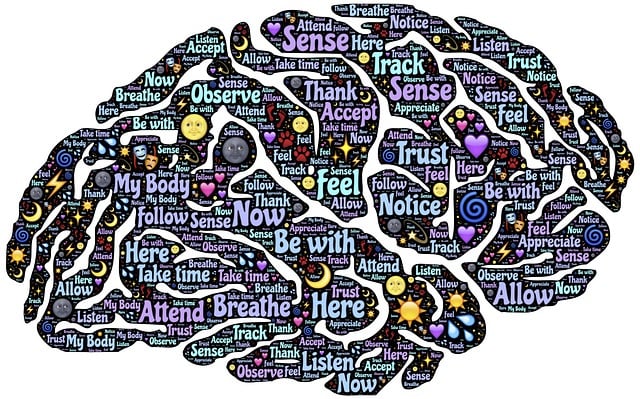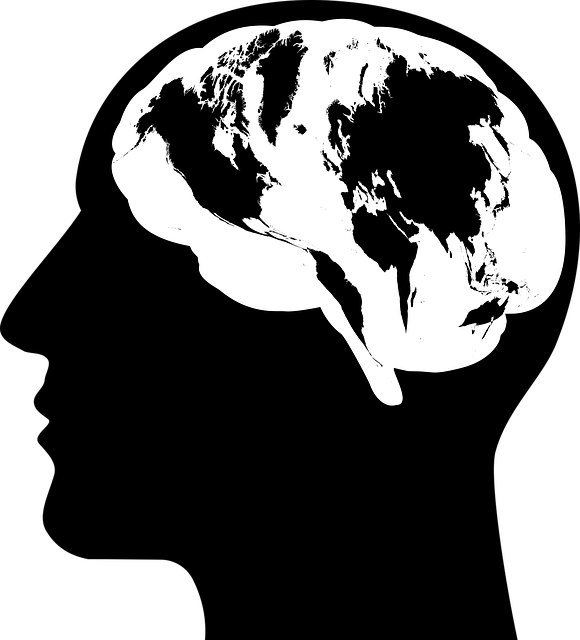Centennial Veterans Therapy prioritizes cultural competency in healthcare delivery, addressing biases and creating inclusive environments for diverse veterans through specialized training. This approach enhances trust and therapeutic outcomes by recognizing and respecting cultural differences, utilizing mindfulness meditation and culturally sensitive communication. Their evaluation method combines quantitative data (patient satisfaction ratings) and qualitative feedback to ensure the success of their programs, fostering a supportive mental health setting tailored to veteran needs.
“Enhancing healthcare services for veterans is a critical aspect of providing quality care, especially in addressing cultural nuances. This article explores the significance of cultural competency training for healthcare providers, using Centennial Veterans Therapy (CVT) as a case study. We delve into the challenges and benefits of implementing effective training programs, offering strategies to improve patient outcomes. Furthermore, we discuss measurement techniques to evaluate the success of these initiatives, highlighting CVT’s innovative approaches to fostering inclusive care.”
- Understanding Cultural Competency in Healthcare: Why It Matters for Centennial Veterans Therapy
- Developing Effective Training Programs: Strategies for Healthcare Providers
- Measuring and Evaluating Success: Assessing the Impact of Cultural Competency Training at Centennial Veterans Therapy
Understanding Cultural Competency in Healthcare: Why It Matters for Centennial Veterans Therapy

Cultural competency is a critical aspect of healthcare delivery, especially when serving diverse communities like Centennial Veterans Therapy. It involves recognizing and appreciating the cultural differences that shape individuals’ experiences and interactions with health services. For veterans, who often come from various ethnic and cultural backgrounds, this understanding is paramount to ensuring effective therapy and support.
The benefits of incorporating Healthcare Provider Cultural Competency Training are far-reaching. Self-awareness exercises can help therapists understand their own biases and perspectives, enabling them to create more inclusive environments. This is essential for addressing the unique mental wellness challenges faced by veterans, who may have experienced traumatic events during their service. By embracing cultural competency, Centennial Veterans Therapy can provide tailored care, fostering trust and improving overall therapeutic outcomes.
Developing Effective Training Programs: Strategies for Healthcare Providers

Effective cultural competency training for healthcare providers involves a multi-faceted approach tailored to address diverse patient populations. One key strategy is integrating Emotional Healing Processes and Resilience Building into the curriculum. By equipping providers with tools to recognize and respect cultural differences, they can foster safer and more nurturing environments for patients. This includes understanding the impact of trauma, incorporating techniques like Mindfulness Meditation, and promoting culturally sensitive communication.
Centennial Veterans Therapy, for instance, has pioneered programs that blend traditional therapy with innovative practices to cater to diverse veterans. Their success underscores the importance of tailoring training to specific communities’ needs. Through interactive workshops, simulations, and ongoing mentorship, healthcare providers can develop the skills necessary to navigate complex cultural landscapes, ultimately enhancing patient outcomes and satisfaction.
Measuring and Evaluating Success: Assessing the Impact of Cultural Competency Training at Centennial Veterans Therapy

At Centennial Veterans Therapy, evaluating the success of cultural competency training goes beyond simple survey scores. They employ a multi-faceted approach to assess the impact, encompassing quantitative and qualitative data. This includes tracking improvements in patient satisfaction ratings, as well as measuring the effectiveness of their Mental Wellness Coaching Programs’ development and design in fostering inclusive care environments. By examining feedback from both patients and staff, Centennial Veterans Therapy gains insights into how cultural competency training translates into improved mental health education programs and enhanced stress management techniques within their facility. This holistic evaluation ensures that the training resonates with all stakeholders, ultimately leading to better patient outcomes and a more supportive therapy setting.
Cultural competency training is a game-changer in healthcare, especially at organizations like Centennial Veterans Therapy. By implementing effective programs and measuring their impact, as demonstrated through their success with veterans, healthcare providers can improve patient outcomes, foster better relationships, and create a more inclusive environment. This approach ensures that every patient receives care tailored to their unique cultural background, ultimately enhancing the overall therapeutic experience.











